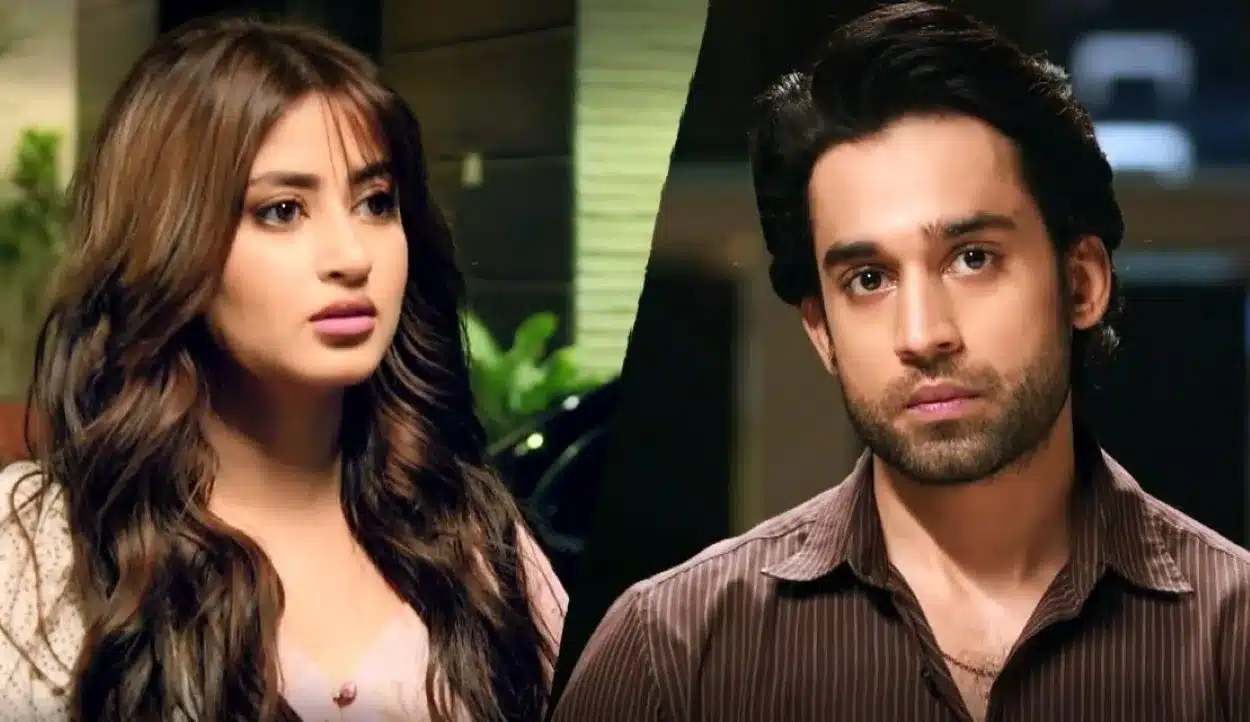Captivating Conclusion: “Kuch Ankahi” Wraps Up with Emotional Depth and Stellar Performances
“Kuch Ankahi,” directed by Nadeem Baig and starring Bilal Abbas Khan as Salman and Sajal Aly as Aaliya, mesmerized viewers with its precision on Saturday night. The talented cast deftly wrapped up loose ends. Samiya (Mira Sethi) and Sofia (Vaneeza Ahmed) discovered the long-awaited family concord in the climax, while Salman and Aaliya exchanged engagement rings.
Kuch Ankahi’s fans, who had followed for the last six months, were deeply moved by the series finale of “Kuch Ankahi,” which was penned by Muhammad Ahmed. The finale sparked conversations on social media platforms, highlighting the positive shift in Pakistani television narratives.
A Refreshing Breakthrough in Pakistani TV Storytelling
The writers of “Kuch Ankahi” received acclaim for diverging from the typical tropes of opulent mansions, overbearing in-laws, conniving aunts, and weeping daughters-in-law. Equally noteworthy was the absence of dishonest pairings involving male characters. The drama was hailed for elevating the standards of television production in Pakistan.
Although Asfar found himself on the losing side of the love triangle, he won the hearts of many fans. His heartfelt conversation with Aaliya before she moved on to Salman served as a fitting denouement.
The complex love triangle in “Kuch Ankahi,” according to one critic, is reminiscent of the one in “Kuch Kuch Hota Hai,” the classic Bollywood film starring Shah Rukh Khan, Rani Mukerji, and Kajol.
The portrayal of nuanced and conflicted characters, neither wholly heroes nor villains, resonated deeply with the audience. The complex love triangle and realistic characters captivated viewers, with the final scene between Sajal and Bilal becoming an instant fan favourite.
Ultimately, “Kuch Ankahi” showcased that dramas can be compelling even without antagonists, thanks to their depiction of intricate characters.






